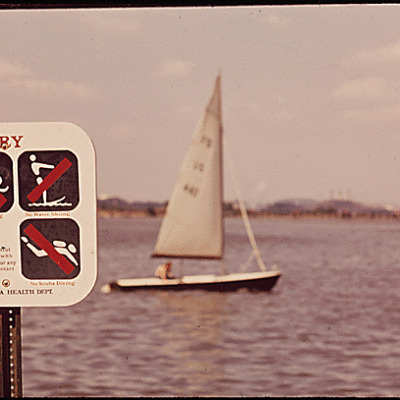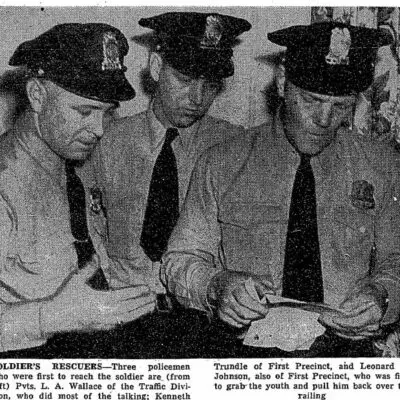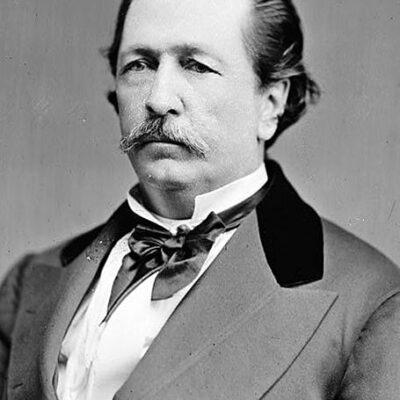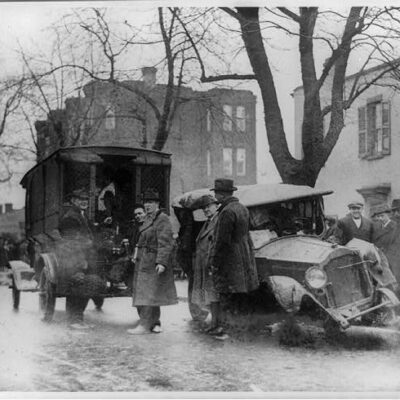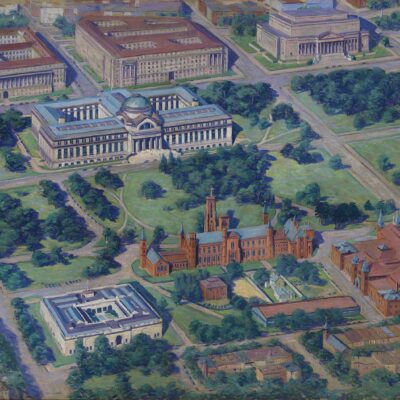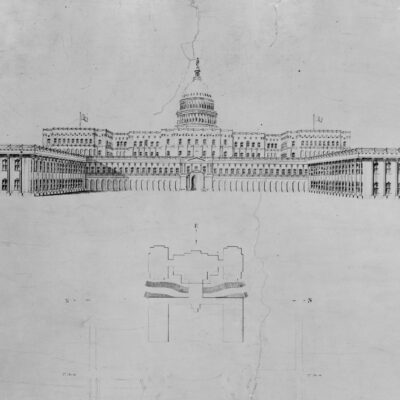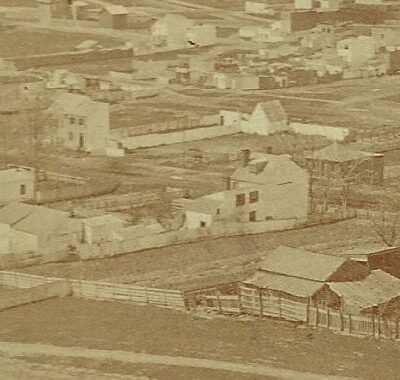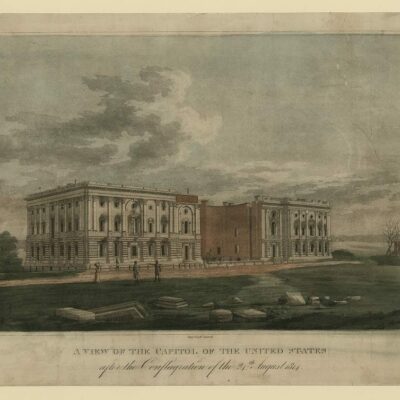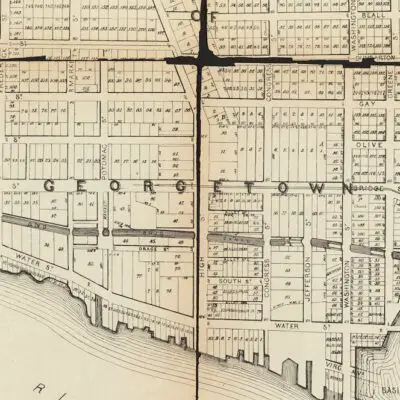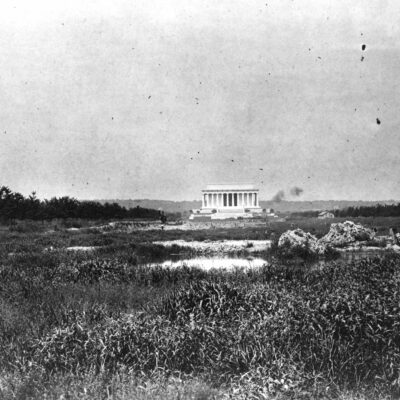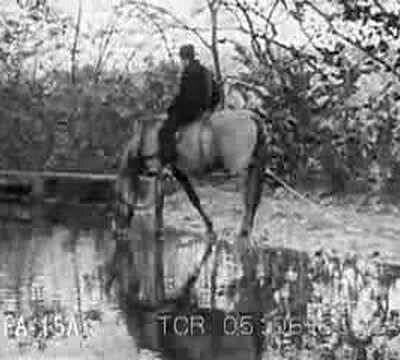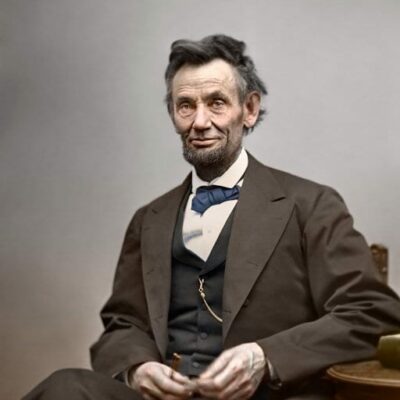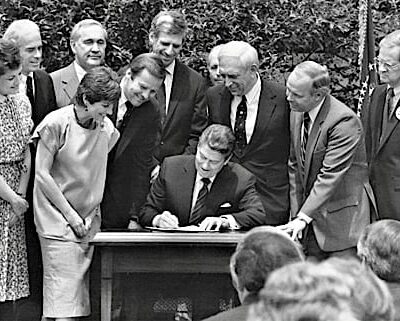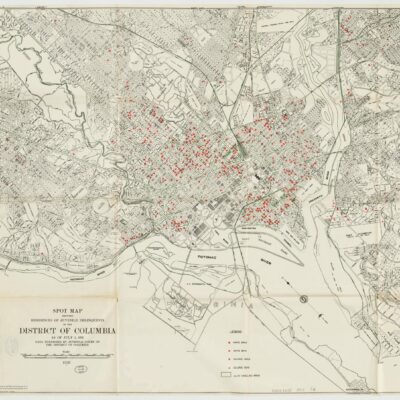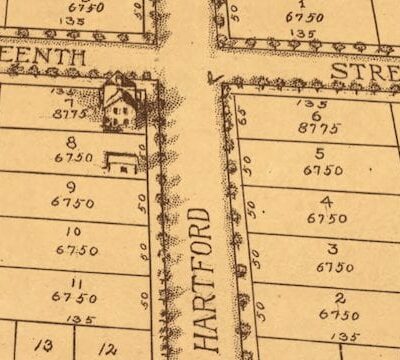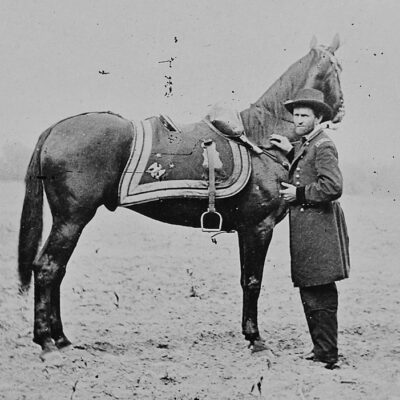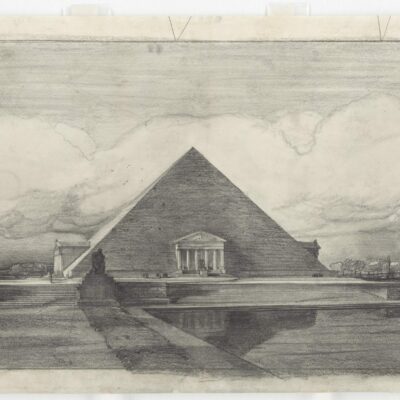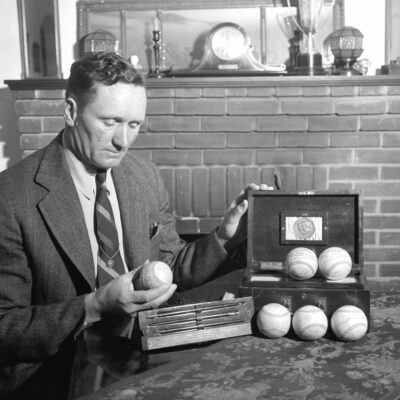This is a guest post by John (from The Lion of Anacostia), cross-posted here.
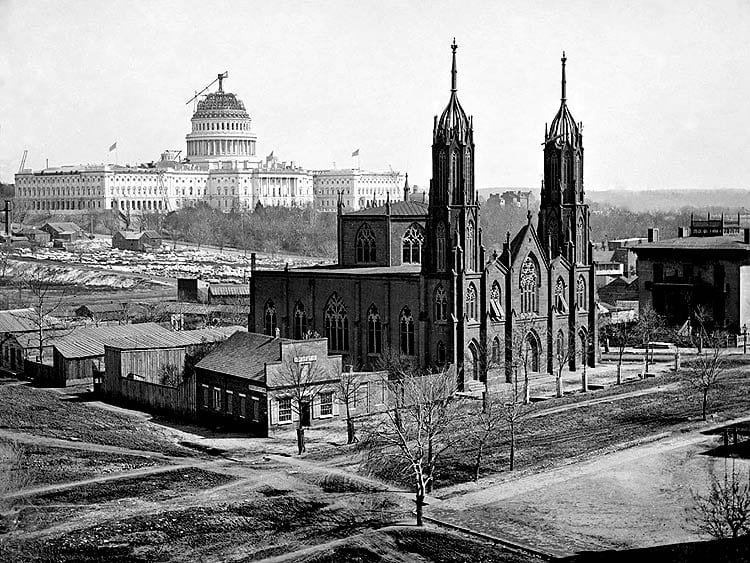
Frederick Douglass was no born fool, simpleton, sucker, or gump. He came up from slavery, he came up in the the streets of Jacksonian Baltimore. As has been better said by others before the “overly honorific public memory of Douglass belies a life entirely defined by action—sometimes action-hero type action. Frederick Douglass was a fighter.”
Now, don’t get it twisted or tangled. Douglass was a fighter but he was no criminal. At one time he may have been a fugitive slave, an outlaw, but he was honest, principled, and earned everything he had coming to him. With the exception of his flight from slavery, where Douglass stole himself from his master, Douglass scholars have found no quivering in his strict adherence to and advocacy for a society based on laws.
However his devoutness to the most basic American ideals and values enshrined in the Declaration of Independence, Douglass was still from the streets and was funny with it when he wanted to be. Take the following example as evidence of a side of Douglass which has been touched on by scholars but does not permeate the public’s perception of him as stoic, stern, and stone-cold serious.
On February 20, 1878 United States Congressman from Wisconsin Charles G. Williams, who’d lived in Rochester during the years Douglass called the city home, revealed an insight into his relationship with his friend, the US Marshal for the District of Columbia.
“Reading of this infectious feeling in that office I was reminded of an ironical remark which I heard Mr. Frederick Douglass make some years ago. He said he could never account for it: but somehow, whenever he got in sight of the Dome of the Capitol in Washington, he always felt as though he wanted to steal something.” [Congressional Record, House, February 20, 1878 – 7 Cong. Rec. 1227 1878]
Was Douglass joking or dead-serious or dead-serious although joking?
